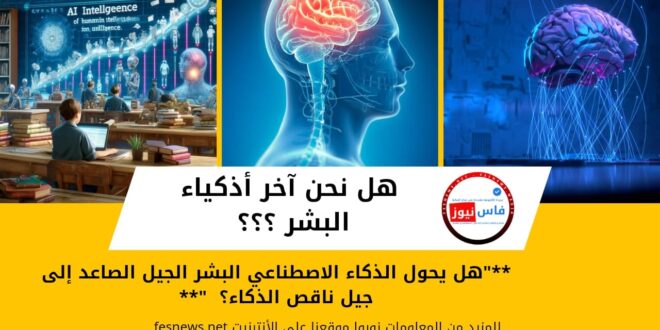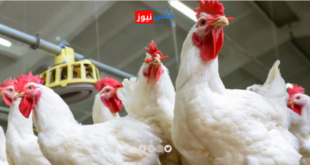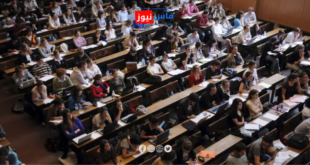By: Researcher Ahmed Al-Namita Al-Baqali, Ph.D. Candidate in the Field of Protecting Digital Human Rights
Introduction
With the rapid developments in the field of artificial intelligence, the world is witnessing a significant transformation in how humans interact with technology. It can be said that this transformation may make this generation the last of natural superintelligence, as future generations will increasingly rely on artificial intelligence in their daily lives.
Artificial Intelligence and Increasing Dependence on It
Artificial intelligence allows individuals to perform complex tasks that previously required high-level human intervention. This technology helps improve efficiency and productivity, but at the same time, it may lead to a decline in natural mental abilities over time. This effect is already noticeable in many fields such as medicine, education, and industry, where dependence on intelligent systems has become an integral part of daily operations.
Transformation in Mental Capabilities
Overreliance on artificial intelligence can lead to a decrease in natural cognitive and analytical abilities. This is not a direct result of the technology itself, but rather due to the decline in stimulating the human mind to engage in critical and creative thinking. Studies indicate that continuous use of intelligent systems reduces the need for independent thinking and problem-solving, which can have negative effects on mental capabilities in the long term.
Supporting Examples: The Impact of Artificial Intelligence on Language Learning
Today and in the past, we have tried to learn more than one language and learn our mother tongue, but the language barrier is no longer present with artificial intelligence, which will reduce the advantage of humans learning more than one language. More alarmingly, in my estimation, humans may even lose their native language and dialect over time. Instant translation and applications that provide automatic language learning demonstrate how artificial intelligence can make language learning less necessary, affecting humans’ natural linguistic abilities.
Challenges and Opportunities
While artificial intelligence poses challenges related to the decline of natural mental abilities, it also opens new horizons for human innovation and progress. This technology can be used to enhance human capabilities by improving education and providing new tools for learning and development. For example, AI systems can improve educational methods by providing personalized and automatically learned content tailored to each student’s needs.
Protecting Digital Human Rights
Amidst this technological transformation, protecting digital human rights becomes critically important. Governments and non-governmental organizations must work on establishing policies and regulations that ensure the use of artificial intelligence in a way that enhances and does not diminish human capabilities. Additionally, personal data must be protected to ensure it is not used in unethical ways or in ways that violate privacy.
The Impact of Artificial Intelligence on Future Generations
Research shows that increased reliance on artificial intelligence can reduce individuals’ ability to think critically and solve problems creatively. While this technology aids in performing complex tasks efficiently, the decline in stimulating the human mind may lead to negative long-term effects. These effects are evident in various aspects, such as education, where students increasingly depend on smart tools to receive information and solve problems instead of independent thinking.
Cognitive and Analytical Abilities
In the professional context, the use of artificial intelligence for data analysis and decision-making is increasing, which may reduce the need for direct human intervention. This shift raises questions about the future of natural cognitive abilities, as the decline in using these abilities could weaken critical and analytical thinking. Although technology can enhance efficiency, a balance is needed to ensure the maintenance of natural mental skills.
Education and Training
Educational and training institutions must adopt strategies that integrate artificial intelligence in ways that stimulate critical and creative thinking. Technology can provide innovative educational tools, but it is important for curricula to focus on enhancing natural cognitive abilities and encouraging students to think independently. Artificial intelligence can be a powerful tool for improving education, but it must be used cautiously to ensure a balance between technical and intellectual learning.
Sustainability and Balance
Achieving a balance between using technology and maintaining individuals’ natural cognitive abilities is essential. Artificial intelligence can enhance innovation and efficiency, but it must be done in a way that ensures the preservation of natural mental capabilities. Policies should focus on promoting education and training that encourages critical and creative thinking, with technology serving as a supportive tool.
Conclusion
In the end, artificial intelligence represents a double-edged sword. It can lead to significant advancements in various fields, but it requires awareness and prudent management to ensure that this progress does not come at the expense of individuals’ natural cognitive abilities. We must work on finding a balance between benefiting from modern technology and preserving the innate human capabilities to ensure a bright future for future generations.
Researcher Ahmed Al-Namita Al-Baqali, Ph.D. Candidate in the Field of Protecting Digital Human Rights
From: Fes News
 فاس نيوز ميديا جريدة الكترونية جهوية تعنى بشؤون و أخبار جهة فاس مكناس – متجددة على مدار الساعة
فاس نيوز ميديا جريدة الكترونية جهوية تعنى بشؤون و أخبار جهة فاس مكناس – متجددة على مدار الساعة













